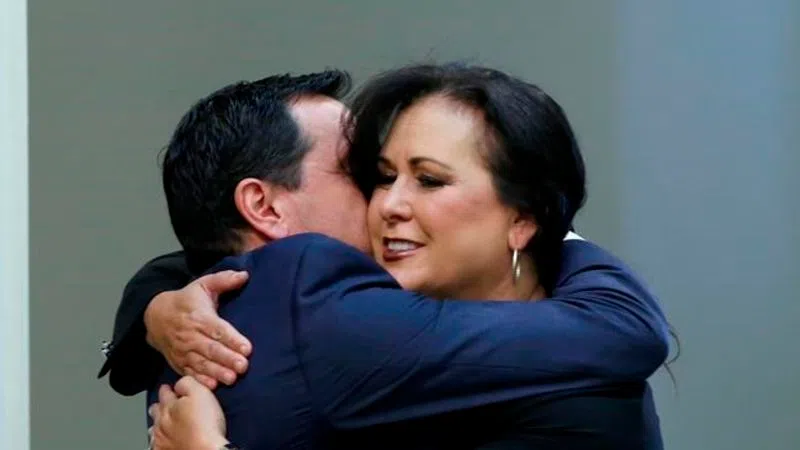
Uber vows to keep fighting sweeping California labour bill
SACRAMENTO, Calif. — California lawmakers confronting the changing definition of work approved sweeping legislation Wednesday designed to give many contract workers new pay and benefit protections, but tech giants Uber and Lyft vowed to keep fighting the changes, possibly by bankrolling an expensive fight on the 2020 ballot.
The measure heading to Democratic Gov. Gavin Newsom outlines a three-part test that makes it harder for companies to classify workers as independent contractors who are not entitled to minimum wage and benefits like workers compensation.
Uber has argued that forcing its drivers to become employees would upend a business model that is built on flexibility. General counsel Tony West suggested to reporters that the ride-hailing company won’t start treating its workers as employees come Jan. 1, instead defending its model if it faces legal challenges.
“Just because the test is hard does not mean we will not be able to pass it,” he said.
